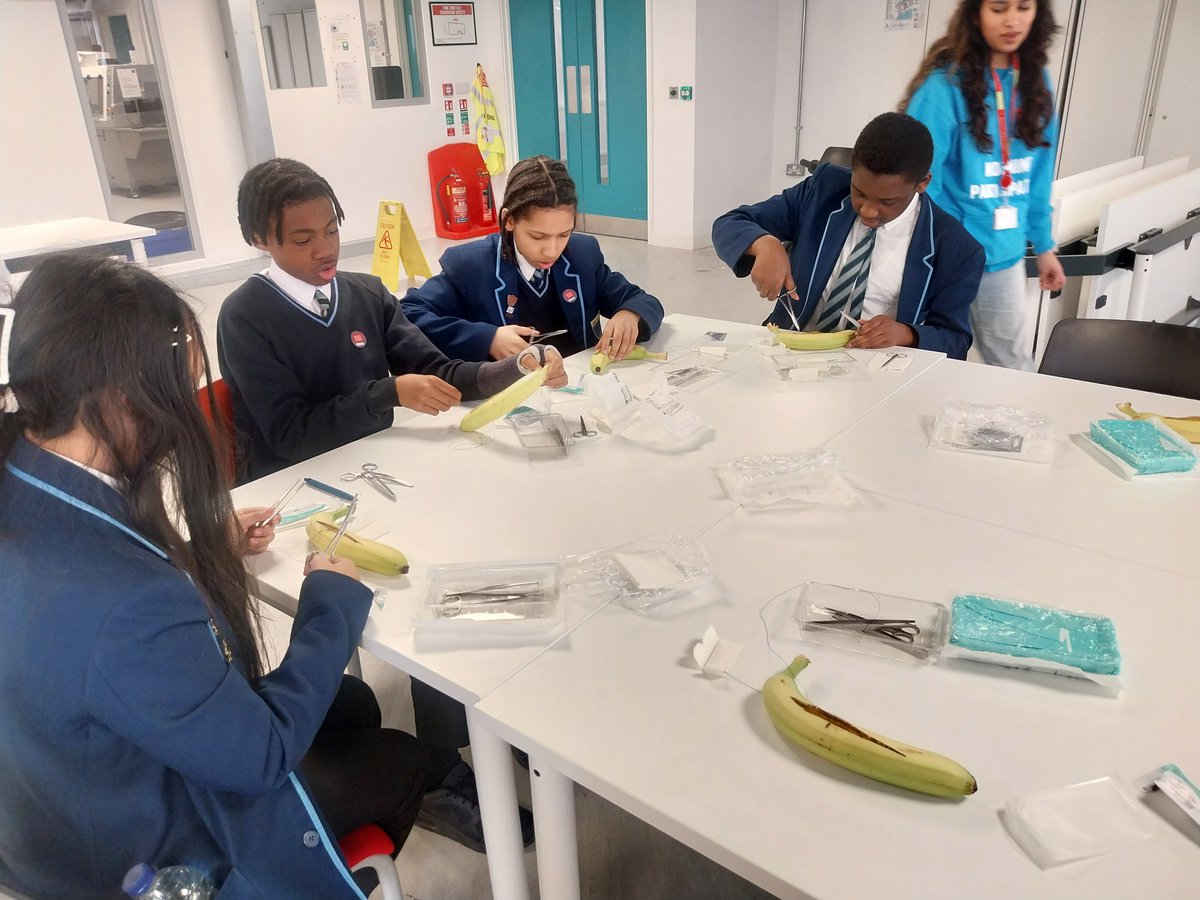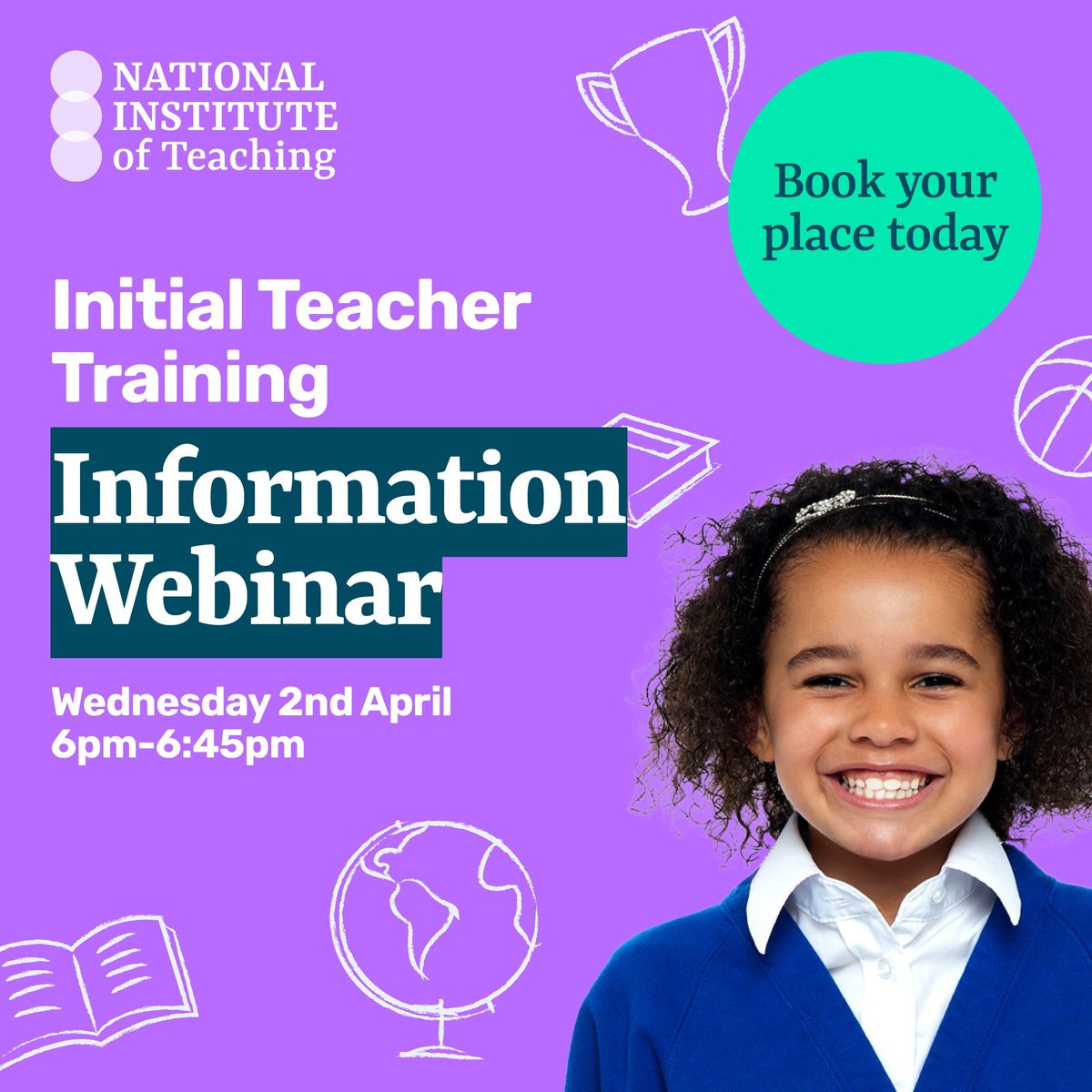
Remote Learning
Remote education provision: information for parents
This information is intended to provide clarity and transparency to pupils and parents or carers about what to expect from remote education where national or local restrictions require entire cohorts (or bubbles) to remain at home.
For details of what to expect where individual pupils are self-isolating, please see the final section of this page.
The remote curriculum: what is taught to pupils at home
A pupil’s first day or two of being educated remotely might look different from our standard approach, while we take all necessary actions to prepare for a longer period of remote teaching.
What should my child expect from immediate remote education in the first day or two of pupils being sent home?
In the first instance all students will be sent independent learning packs that they can use at home. This will require no internet or IT facilities as we recognise that not all students have access to this at home.
Following the first few days of remote education, will my child be taught broadly the same curriculum as they would if they were in school?
- We endeavor to teach the same curriculum remotely as we do in school.
- We teach the same curriculum remotely as we do in school wherever possible and appropriate. However, this will inevitably require a greater level of independence from students in conducting their learning due to the restrictive nature of online learning environments.
Remote teaching and study time each day
How long can I expect work set by the school to take my child each day?
We expect that remote education will take pupils broadly the following number of hours each day:
|
Key Stage 3 |
Students will complete four hours of learning a day. This follows their usual school timetable with the adjustment of lessons lasting for one hour. |
|
Key Stage 4 |
Students will complete a minimum of five hours of learning a day with this sometimes increasing to six dependent on the intervention offering on a given day. |
Accessing remote education
How will my child access any online remote education you are providing?
All students have been provided with a Microsoft Teams log in and guidance on how to use our Microsoft Teams areas.
All lessons and lesson resources will be delivered on this platform.
If my child does not have digital or online access at home, how will you support them to access remote education?
We recognise that some pupils may not have suitable online access at home. We take the following approaches to support those pupils to access remote education:
In the event that students are directed to work from home we will utilise the initial days of this to conduct surveys of all students to establish their learning environments at home.
This will be conducted through a Microsoft Form which will be e-mailed to all parents/carers and students and can be completed on a mobile device.
We will use our findings from this survey to provide students with devices/internet access as required. These will be distributed to students either through collection from the Academy or delivery to individual households – whichever guidance allows.
How will my child be taught remotely?
We use a combination of the following approaches to teach pupils remotely:
- Live lessons through Microsoft Teams
- Independent learning projects as created by members of staff
Engagement and feedback
What are your expectations for my child’s engagement and the support that we as parents and carers should provide at home?
- We expect all students to attend each of their timetabled online lessons
- Whilst they are in these sessions we expect them to be regularly responding to the whole class questioning of the class teacher in the chat facilities used
- We also expect them to be able to complete the independent tasks assigned to them. These tasks can be monitored through the ‘My Assignments’ area of Teams
- We ask that you support your child in ensuring they are logged into each of their sessions on time and that you are intermittently checking in on them whilst they are completing their sessions to ensure that they are maintaining their concentration on the lesson that is being delivered.
How will you check whether my child is engaging with their work and how will I be informed if there are concerns?
- A register will be taken every session
- Staff have been trained on how to use Microsoft Teams to monitor engagement with lessons
- Reports will be sent weekly to parents to notify of levels of engagement
- Any immediate concerns will be communicated with parents on the day that the concern has been raised.
How will you assess my child’s work and progress?
Feedback can take many forms and may not always mean extensive written comments for individual children. For example, whole-class feedback or quizzes marked automatically via digital platforms are also valid and effective methods, amongst many others. Our approach to feeding back on pupil work is as follows:
- Every lesson will consist of multiple choice quizzes for knowledge retrieval
- Individual questioning using the chat facilities within Teams
- Extended independent feedback using coded marking rubrics on Teams
Additional support for pupils with particular needs
How will you work with me to help my child who needs additional support from adults at home to access remote education?
We recognise that some pupils, for example some pupils with special educational needs and disabilities (SEND), may not be able to access remote education without support from adults at home. We acknowledge the difficulties this may place on families, and we will work with parents and carers to support those pupils in the following ways:
- We will review our individual support plans for all of our SEND students to accommodate for the changed learning environment
- The resulting documents will then be shared with staff and parents/carers to ensure the support provided is adequate and impactful
- These will then be reviewed on a regular basis to monitor the progress of these students.
Remote education for self-isolating pupils
Where individual pupils need to self-isolate but the majority of their peer group remains in school, how remote education is provided will likely differ from the approach for whole groups. This is due to the challenges of teaching pupils both at home and in school.
























